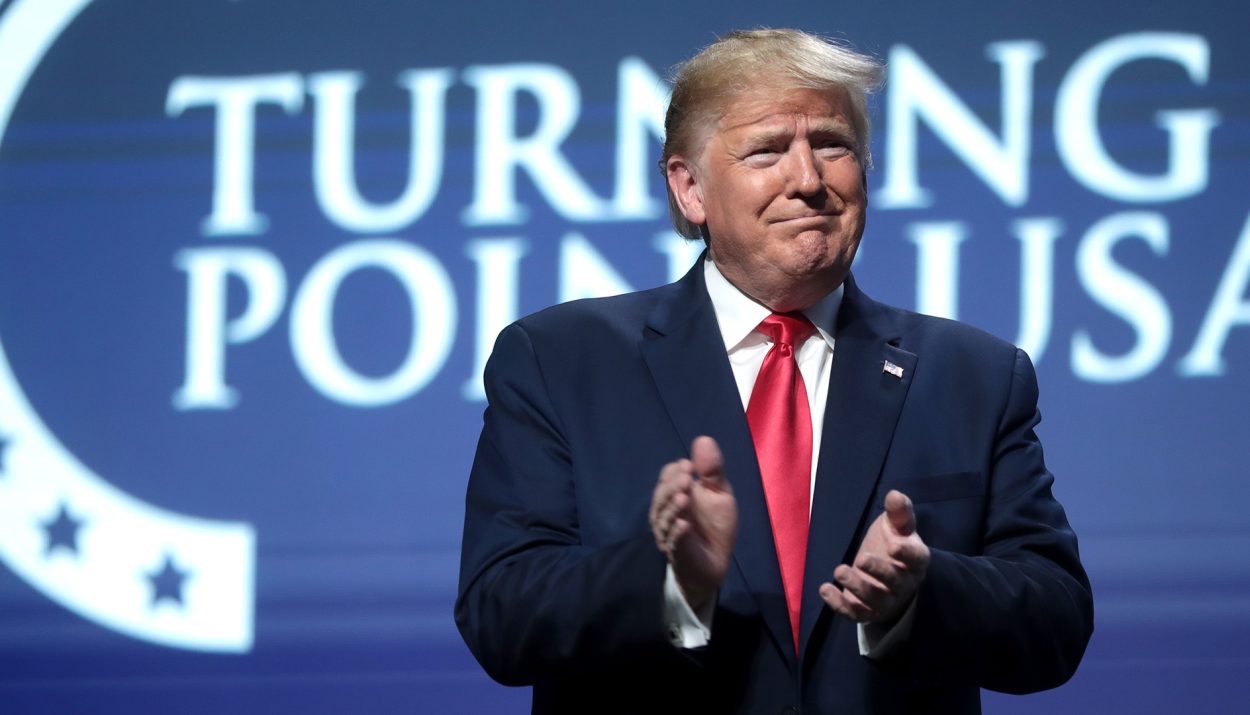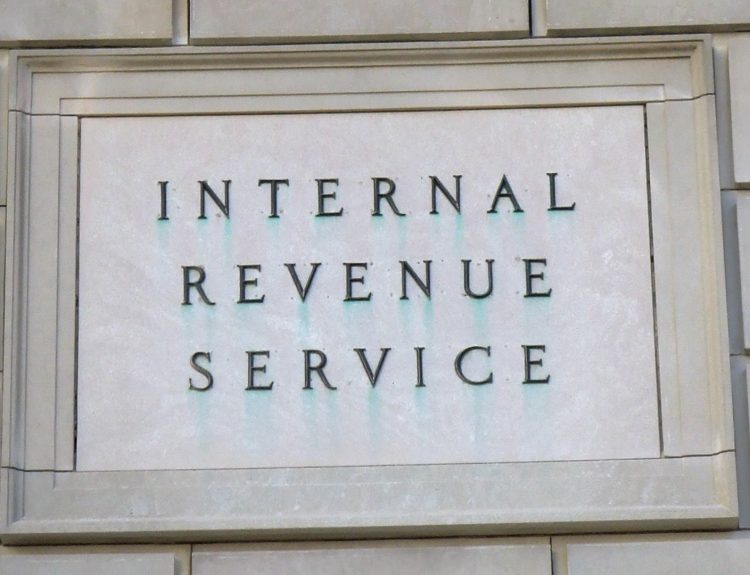Former President Donald Trump received his third nomination for the Nobel Peace Prize. New York Representative Claudia Tenney nominated Trump for the prestigious honor, citing his role in brokering the Abraham Accords between Israel and the United Arab Emirates (UAE) in 2020. The accords marked a historic step toward peace in the Middle East by normalizing relations between the UAE and Israel.
Trump helped negotiate and oversee the signing of the Abraham Accords during his presidency. The agreements were the first treaty of normalized diplomatic relations between an Arab nation and Israel in decades. Additional pacts followed between Israel, Bahrain, Sudan, and Morocco. These deals ended decades of conflict and hostility between the nations, establishing trade, tourism, and security cooperation.
Background of the Nomination
President Donald Trump received his third nomination for the Nobel Peace Prize in September 2020. The nomination came from New York Representative Claudia Tenney, citing Trump’s role in brokering the Abraham Accords between Israel and Gulf states Bahrain and the United Arab Emirates.
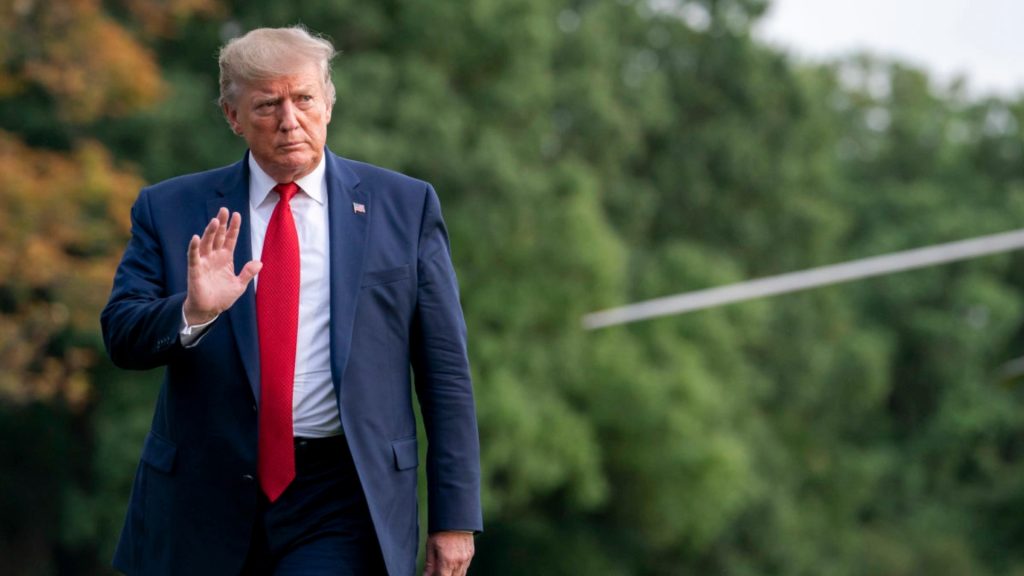
According to Tenney, the accords were “unprecedented,” and Trump’s involvement was “instrumental” to their success. She noted that similar peace agreements, like the 1976 treaty between Israel and Egypt and the Oslo Accords of 1994, were recognized with Nobel Peace Prizes. However, Trump’s efforts had gone “unrecognized.”
Trump’s Role in the Abraham Accords
President Donald Trump played an instrumental role in brokering the historic Abraham Accords peace agreement between Israel and several Arab nations. According to New York Representative Claudia Tenney, Trump’s efforts in securing the accords deserve recognition from the Nobel Committee.
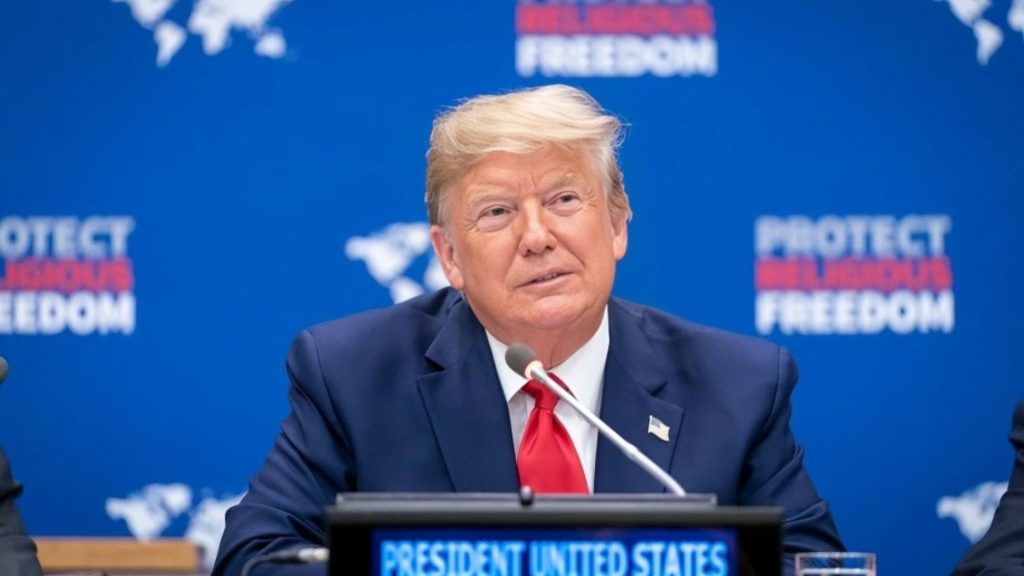
The Abraham Accords, signed in September 2020, marked the first Arab-Israeli peace deal in 25 years. In the following months, similar agreements were reached with Morocco and Sudan. However, the Abraham Accords have also received criticism for failing to produce meaningful progress on the Israeli-Palestinian conflict.
Comparison with Past Nobel Peace Prize Winners
According to Tenney, Trump’s achievement deserves recognition similar to past Nobel Peace Prize laureates who were honored for progress on peace in the Middle East, such as the leaders of the Israeli-Egyptian peace agreement in 1978 and the Oslo Accords of 1993.
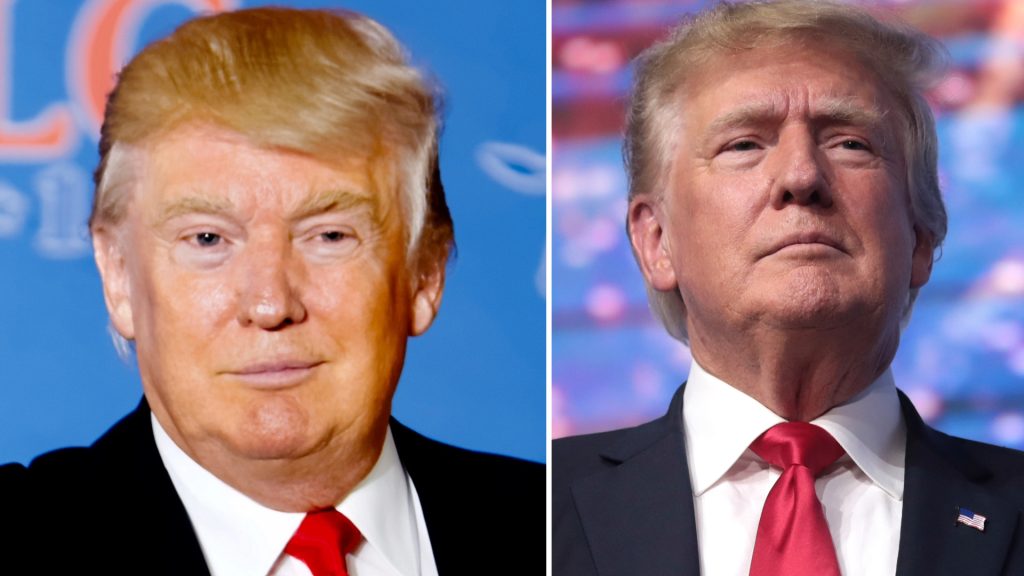
Previously, Trump received two other nominations for the Nobel Peace Prize related to the Abraham Accords. In September 2020, Norwegian parliament member Christian Tybring-Gjedde nominated Trump for the “groundbreaking cooperation” that led to the Accords.
The next month, Finnish Member of the European Parliament Laura Huhtasaari also nominated Trump “in recognition of his endeavors to end the era of endless wars, construct peace by encouraging conflicting parties for dialogue and negotiations, as well as underpin internal cohesion and stability of his country.”
Criticism of the Abraham Accords
The Abraham Accords hailed as “historic” agreements normalizing relations between Israel and several Arab nations, have also received criticism. Critics argue that the accords fail to provide meaningful solutions to the Israeli-Palestinian conflict, instead prioritizing Israeli-Arab ties.
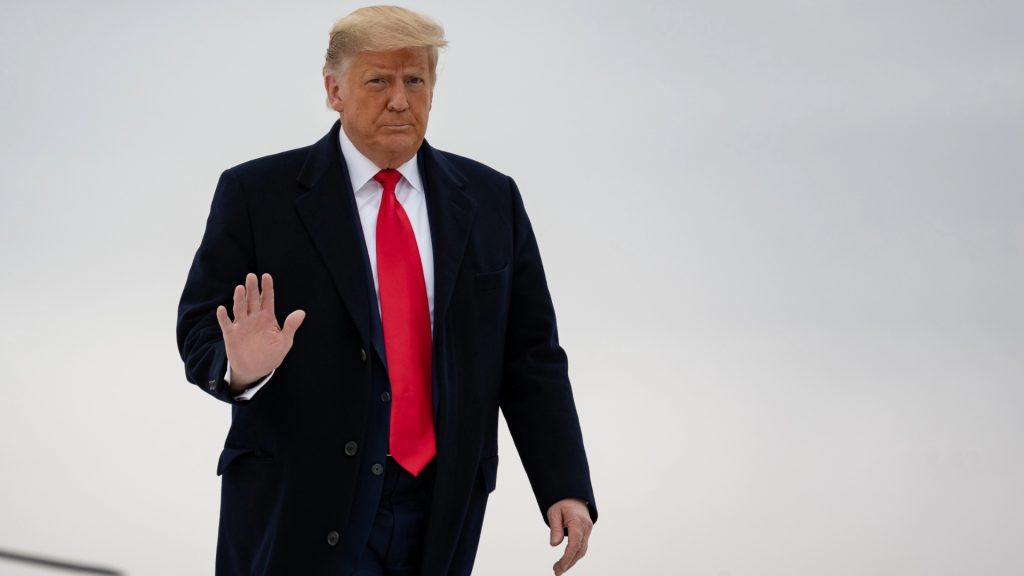
According to Newsweek, “While the Abraham Accords have been cited as a way to introduce and strengthen Israeli-Arab ties, the historic agreements have also been criticized for so far failing to produce meaningful solutions for the Israeli-Palestinian conflict.”
Tenney’s Plea for Recognition
Congresswoman Claudia Tenney recently nominated former President Donald Trump for the Nobel Peace Prize for the third time. Tenney argued that Trump’s efforts in securing the Abraham Accords have gone “unrecognized” and underscore the need to honor his work in achieving world peace.
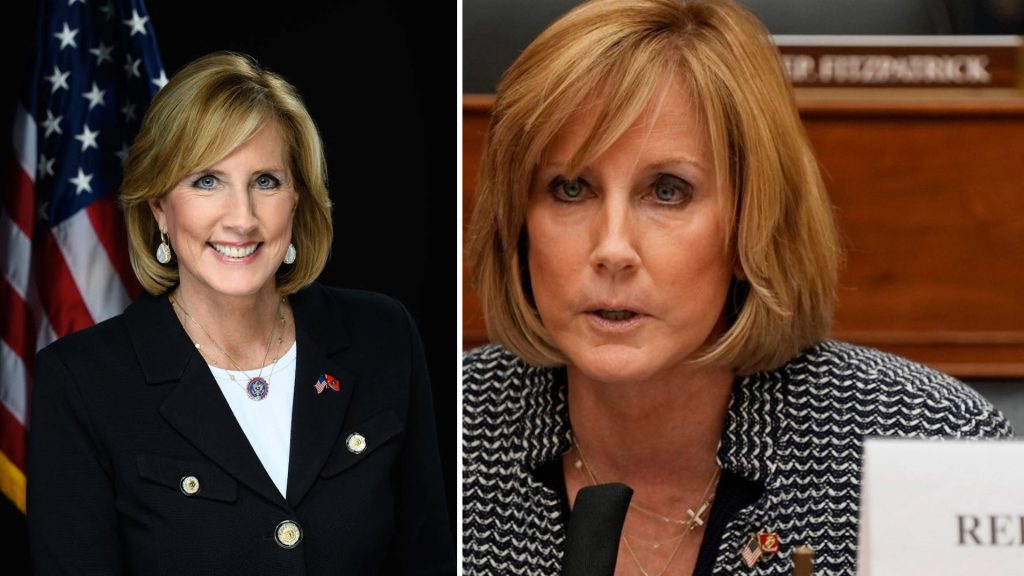
She noted that previous Middle East peace agreements, like the 1976 Israeli-Egyptian peace treaty and the 1993 Oslo Accords, were awarded the Nobel Peace Prize. However, Tenney said that Trump’s role in orchestrating the Abraham Accords has not received similar accolades or acknowledgment.
Trump’s Doctrine and Reduction of Wars
The Trump Doctrine’s focus on avoiding and ending foreign interventions led to historic peace agreements in the Middle East. The Abraham Accords, signed in September 2020, normalized relations between Israel, Bahrain, and the United Arab Emirates (UAE).
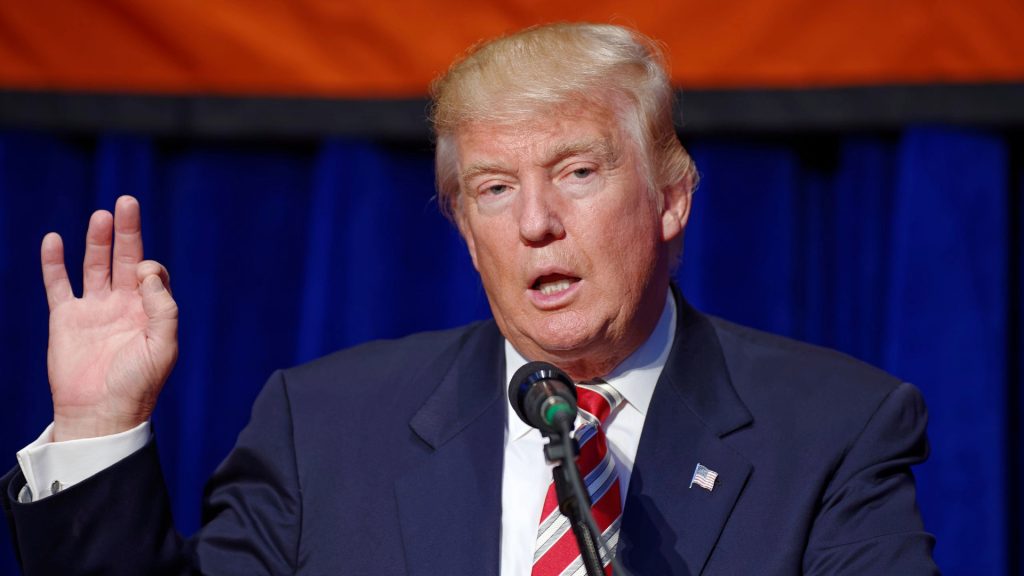
Subsequent deals were made with Morocco and Sudan. These agreements were unprecedented and showed that resolving the Israeli-Palestinian conflict was not a prerequisite for broader Middle East peace, contradicting decades of foreign policy consensus.
Eligibility and Selection Process
The Nobel Peace Prize nominees and laureates are selected through a rigorous process conducted by the Norwegian Nobel Committee. Thousands of individuals are eligible to nominate candidates, including members of governments, university professors, and previous recipients.
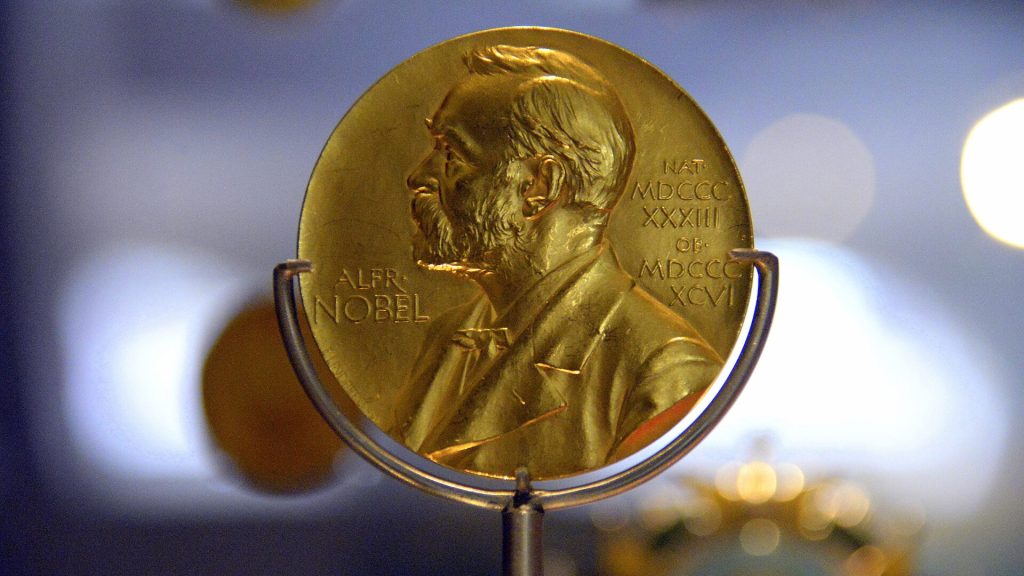
The Committee reviews hundreds of nominations each year and determines the recipient based on several criteria, including the nominee’s contributions to peacebuilding efforts, conflict resolution, and human rights advocacy.
The Nomination Process
The nomination process begins in September of each year when the Committee sends requests for nominations to qualified individuals and organizations. Nominators have until January 31st of the following year to submit nominations for consideration.
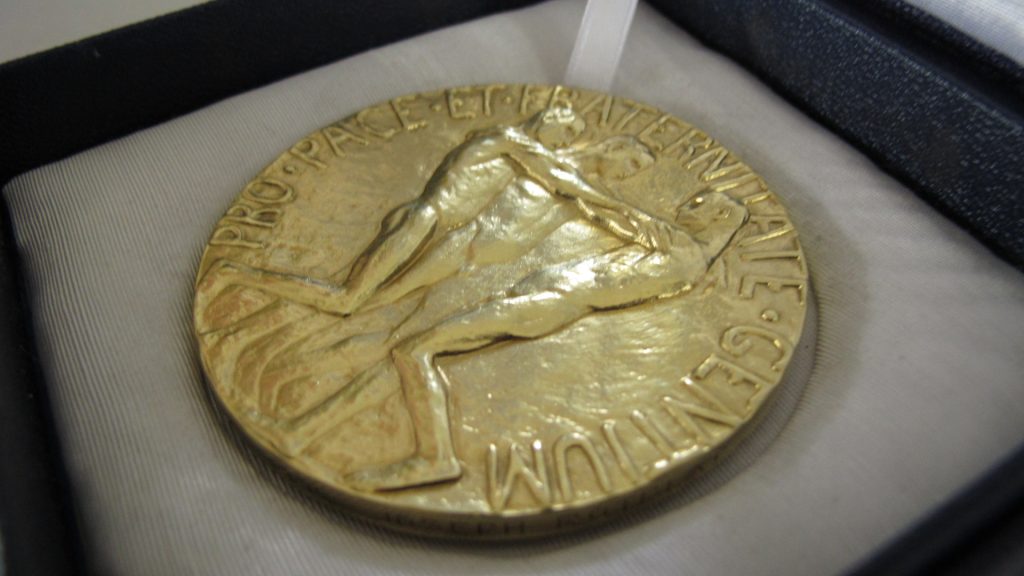
The Committee spends the next several months reviewing nominations, researching candidates, and narrowing down the list of potential laureates. The selection of the Peace Prize laureate is a lengthy deliberative process involving both scrutiny of candidates as well as debate among Committee members.
Controversies Surrounding the Nomination
Donald Trump’s nomination for the 2021 Nobel Peace Prize has sparked heated debates. Supporters argue the former president’s role in brokering the Abraham Accords – the historic peace agreements between Israel, Bahrain, and the United Arab Emirates – deserves recognition. However, critics argue the nomination is undeserved, given Trump’s controversial policies and rhetoric during his presidency.
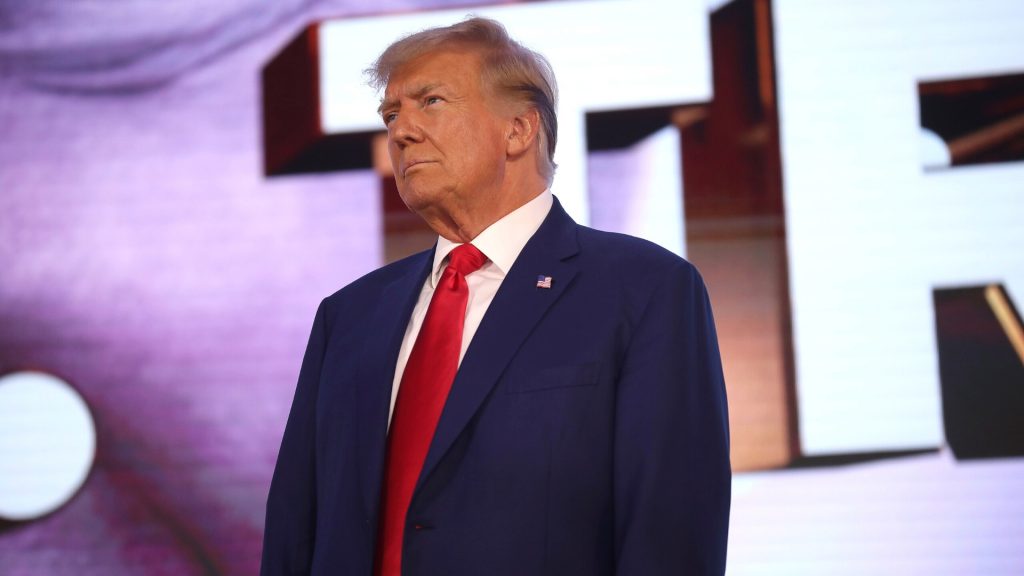
The polarizing nature of Trump’s presidency has intensified debates around his Nobel nominations. Supporters see the Abraham Accords as signature triumphs of Trump’s “America First” foreign policy and rejection of “endless wars.” Detractors argue Trump’s nationalistic rhetoric and policies have strained alliances, undermined democratic values, and heightened global tensions – the antithesis of peace promotion.
Does Trump Deserve The Nomination? If He Does, Is He The Right Choice?
Some argue that former President Trump deserves recognition for his role in brokering the Abraham Accords between Israel, Bahrain, and the United Arab Emirates. However, others criticize these agreements for failing to resolve longstanding tensions between Israel and Palestine.
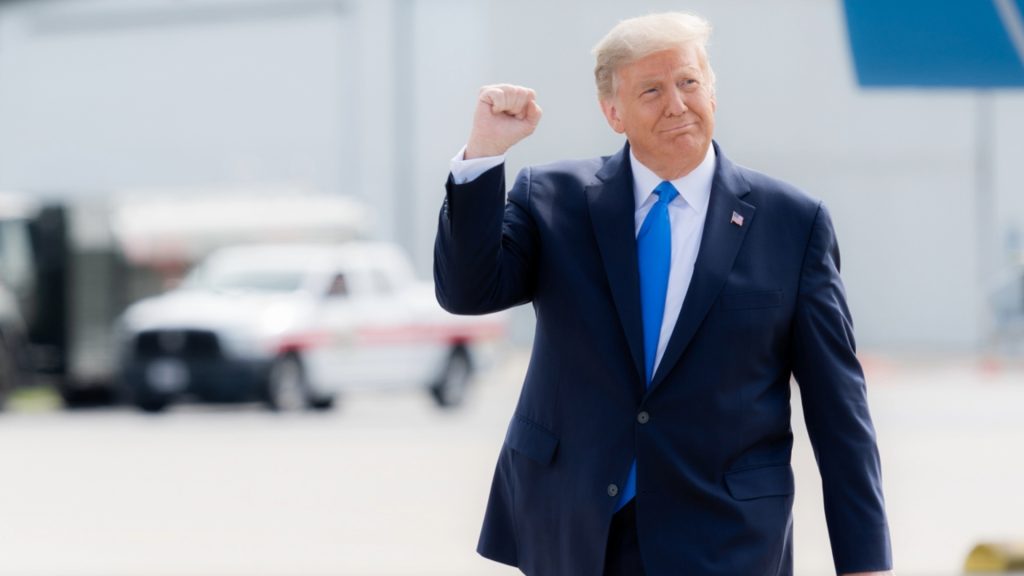
Given these complexities, whether Trump deserves the Nobel Peace Prize is debated. His role in brokering new alliances between Israel and Arab nations is undeniable and marks a shift in regional dynamics. At the same time, the Abraham Accords failed to achieve a breakthrough with the Palestinians, and Middle East peace remains fragile.

